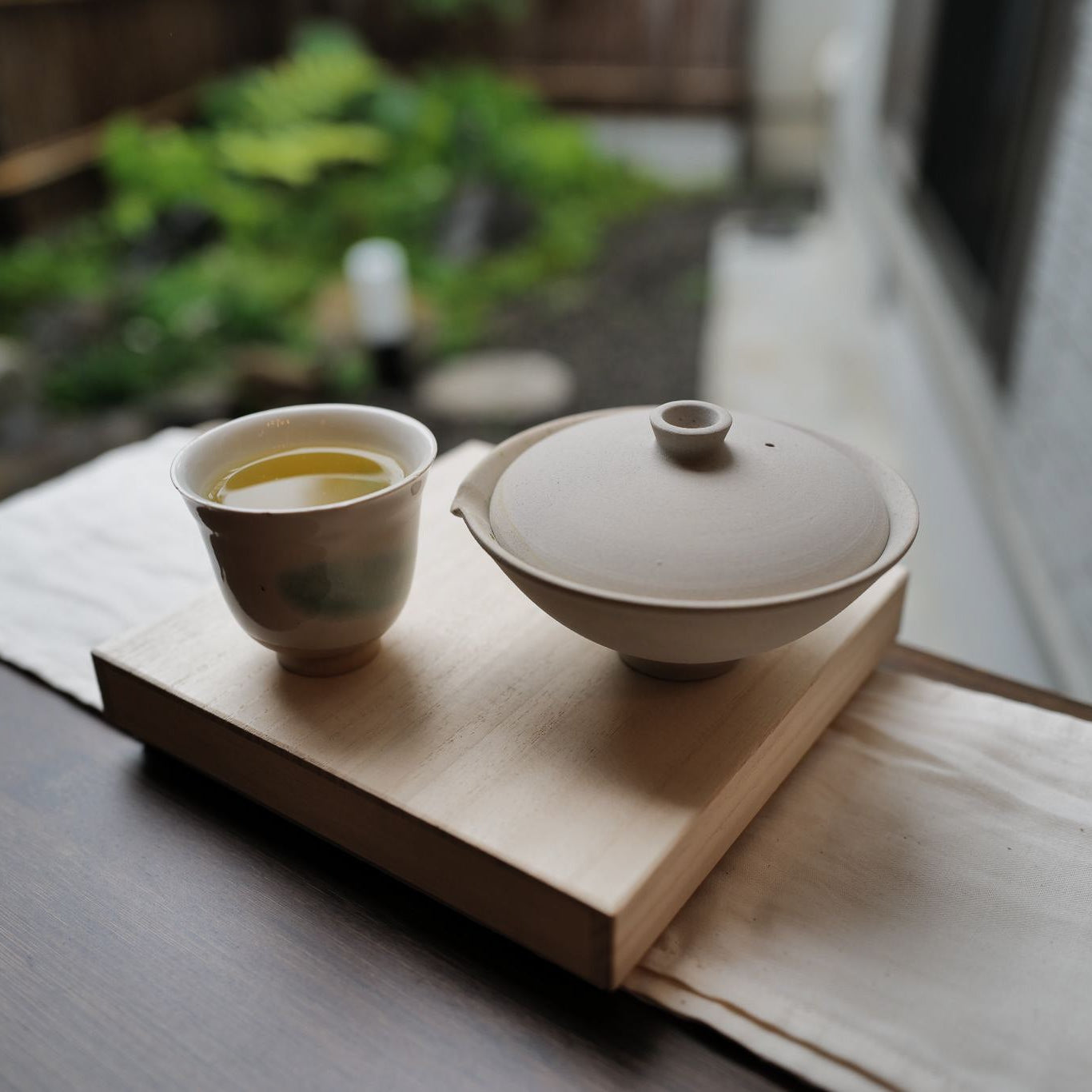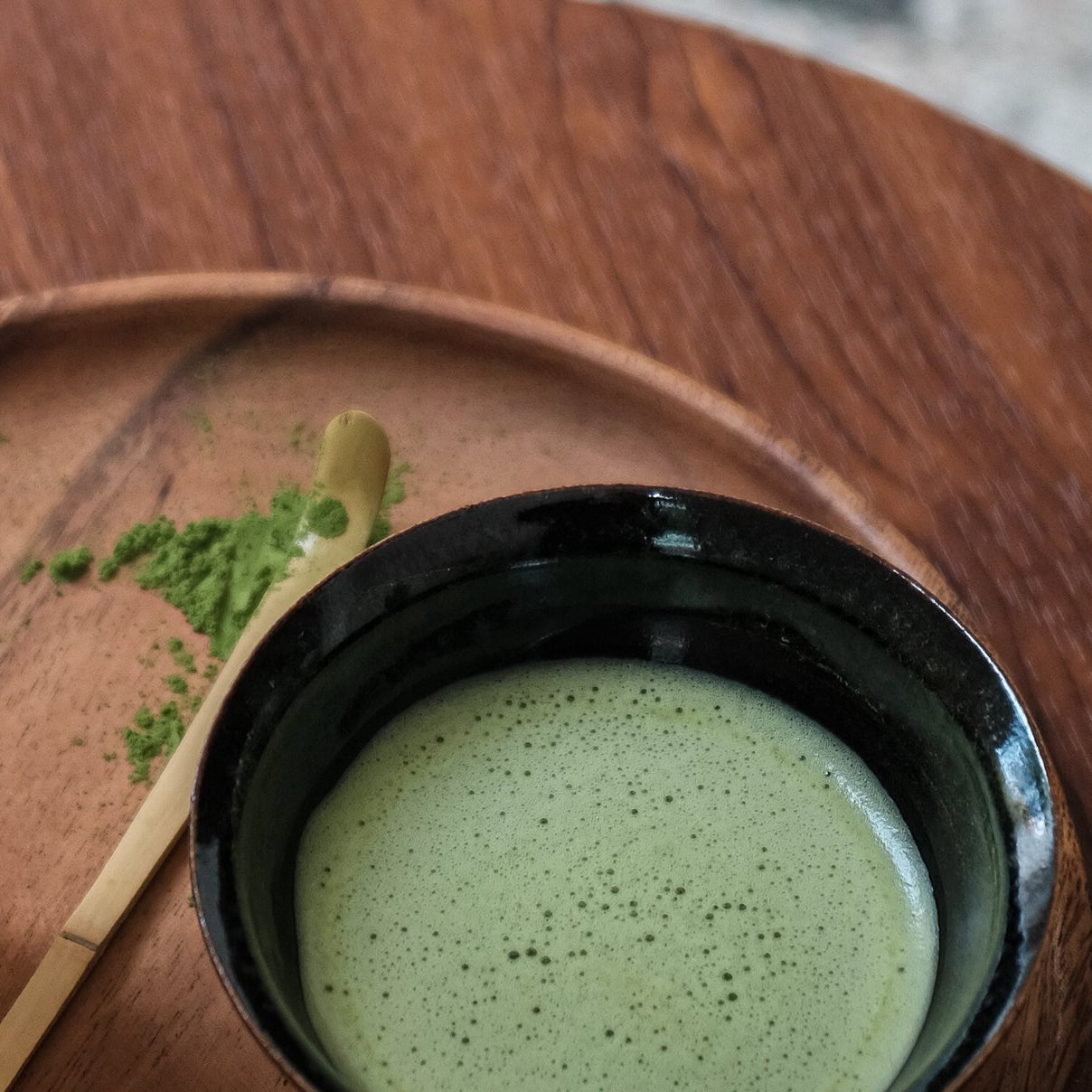
What's on your mind?
by Isabel
In recent years, there has been a positive shift in perspectives towards psychological wellbeing and social stereotypes have been broken down. The ennui that many people experienced during the coronavirus lock down also caused them to look inwards and start examining their own mental state.
It is heartening to see that, and we hope to push the progress further by exploring the topic with Daryl and Charmaine, two professional therapists who founded Goodity Co. with the goal of making therapy as accessible as possible.
19 June, 2023
Schedule yearly medical examination — checked.
Accompany grandpa for cataract surgery — checked.
Bi-weekly basketball game with the mates — checked.
The list goes on.
We often prioritise our physical health as issues are usually manifested outwardly, but when was the last time we gave a thought about our mental health? How often do we reach out to our loved ones to see if they are taking good care of their mental health as well?
In recent years, there has been a positive shift in perspectives towards psychological wellbeing and social stereotypes have been broken down. The ennui that many people experienced during the coronavirus lock down also caused them to look inwards and start examining their own mental state. It is heartening to see that, and we hope to push the progress further by exploring the topic with Daryl and Charmaine, two professional therapists who founded Goodity Co. with the goal of making therapy as accessible as possible.
Looking Out
Confiding in others can be extremely daunting, as one is made vulnerable when talking about their struggles and emotions. Knowing that the confidant is already accepting and willing to listen helps to ease the fear of judgement, dismissal or even tattling.

Picture taken by Goodity Co. at their most recent CoffeeTalks, featuring Daryl with a Client.
“For people who are struggling, it would be nice in their perspective, to have someone ask. No one would want to say ‘Eh, can you ask me if I’m okay’, like, nobody does that right? And everyone will feel that, ‘Oh I shouldn’t trouble others with my struggles.’” - Daryl
Active vs Reactive Approach
Charmaine explains the importance of adopting an active rather than reactive approach when it comes to prioritising the mental health of those around us. With “just a simple check-in” like Daryl said, we can encourage open and honest conversations about our feelings and struggles.
“The whole point of Coffee Talks & Goodity is trying to normalise checking in on people, like you don’t have to wait to ask if someone is ok only when they look very haggard. If everyday (I ask) ‘Oh, how are you feeling today, are you ok?’, it increases the opportunity for you to come and talk to me.” - Charmaine
Taking a reactive approach in supporting our loved ones mental and emotional wellbeing would mean checking in on them only when they exhibit visible exhaustion or when there is a drastic change in their usual personality, which might be too late to offer any meaningful help. In contrast, taking an active approach would mean to make it a habit to consistently check-in with people to ensure that they have the opportunity to seek help when they need it. By checking-in on them regularly, it sends them a signal that they are welcome to openly share their struggles, which might help them feel better.
This is also the premise behind CoffeeTalks, where a person can experience the therapeutic nature of having a conversation with someone else through drinking coffee and open up about any issues they might be facing. By making therapy as accessible and as normal as getting a cup of coffee, it offers those who are hesitant to seek help a shallow glimpse of what a therapy session can be like.

Picture taken by Goodity Co. at their most recent CoffeeTalks, featuring Charmaine with a Client.
“The whole point of Coffee Talks & Goodity is trying to normalise checking in on people, like you don’t have to wait to ask if someone is ok only when they look very haggard. If everyday (I ask) ‘Oh, how are you feeling today, are you ok?’, it increases the opportunity for you to come and talk to me.” - Charmaine
Listening to understand, not listening to respond
When we listen to understand, we are mindful about imposing our own opinions on others unnecessarily especially since we do not know if that is what the other person wants. Prioritising providing a safe space that is free of judgement provides them with an opportunity to share their struggles and worries without being pressured to solve them immediately. By listening simply to understand, it sends a signal that we are genuinely trying to create an environment where their feelings are heard.
Likewise, going to a therapy session does not mean that one is just seeking a solution or to fix their problems. Often, it is to have a safe space to freely offload their feelings in the presence of a qualified professional who is able to ask the right questions and provide perspective on the situation.

“Look at me, I don't look like a therapist, I look like I'm here to ask you back for a loan (jokingly references to his tattoos).. We don't want our clinic to be intimidating, we don't want to appear scary. I refuse to wear a shirt and a tie (so that the setting is less clinical and more casual). We want to tell people that therapy is not scary, your therapists are humans too.” - Daryl
Looking in
Apart from looking out for others, it is important not to neglect looking in and taking care of our own emotional needs. Constantly looking out for others might take a toll, hence exercising caution and taking time to tend to our own emotional needs allows us to avoid burning out.
Charmaine beautifully analogises our emotional capacity as a cup of water, explaining that if we continuously help our friends with their emotional needs, we will reach a certain limit where we are incapable of tending to our own emotional needs. This is because when we choose to help others with their struggles, we are pouring water out of our own cup, into theirs. While their cup of water gradually fills up, our own cup of water gradually depletes, leaving us emotionally drained. There is a need to exercise self-care and to constantly check-in on our cup of water, refilling it whenever needed. It is essential to understand that waiting until our cup of water runs dry before scrambling to fill it is not ideal. Instead, we should make it a habit to fill it bit by bit.
Self-love looks different for everyone, how can we then fill up our cup of water? For Daryl, he practises jujutsu and plays video games to unwind. Charmaine declares that “the moment I step home, I feel recharged. At home, I have everything in place to make me feel at peace, to feel recharged—a book, my family, a glass of wine. I think as long as I'm at home with my people, I feel recharged.” Think of an activity that brings you joy and replenishes your energy at the same time. By regularly engaging in such activities, it ensures that our cup will be filled well past the aforementioned threshold. Taking time to explore what self-love means to you will allow you to find an activity that allows you to re-fill your cup of water easily, and thus avoid feeling too emotionally drained.

“I alone cannot change the world, but I can cast a stone across the waters to create many ripples.” -Mother Teresa
As individuals, we cannot change how our society currently views the topic of mental wellness, but we can change the way we view it individually. If all of us take this small step to consistently check-in on our peers as well as ourselves, there will eventually be a ripple effect big enough to normalise mental wellness in our society in the long run.
With that being said:
“What’s on your mind?”
Find out more about Goodity Co. and Coffee Talks here.
















